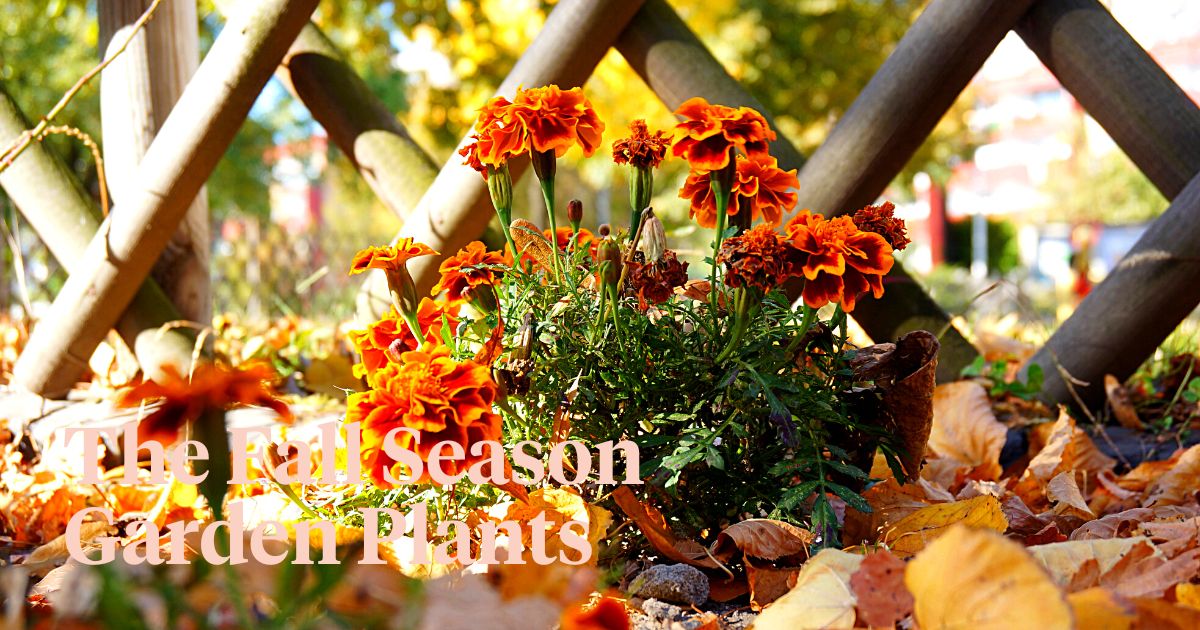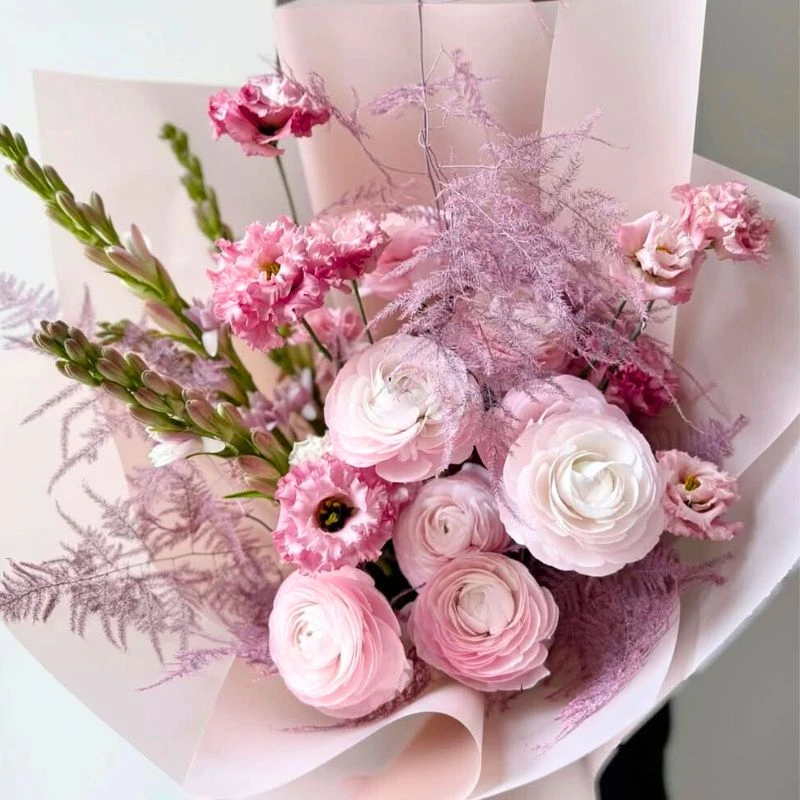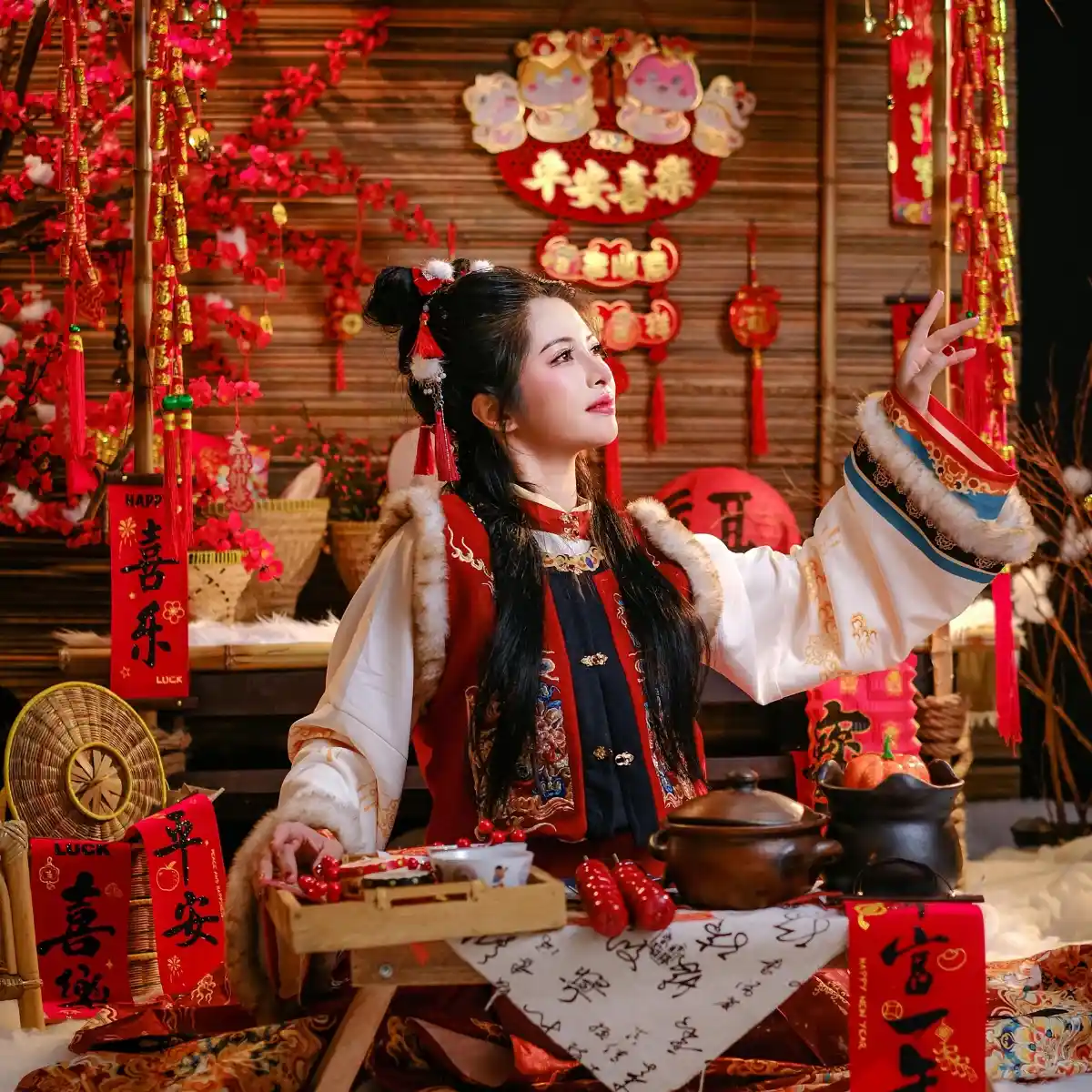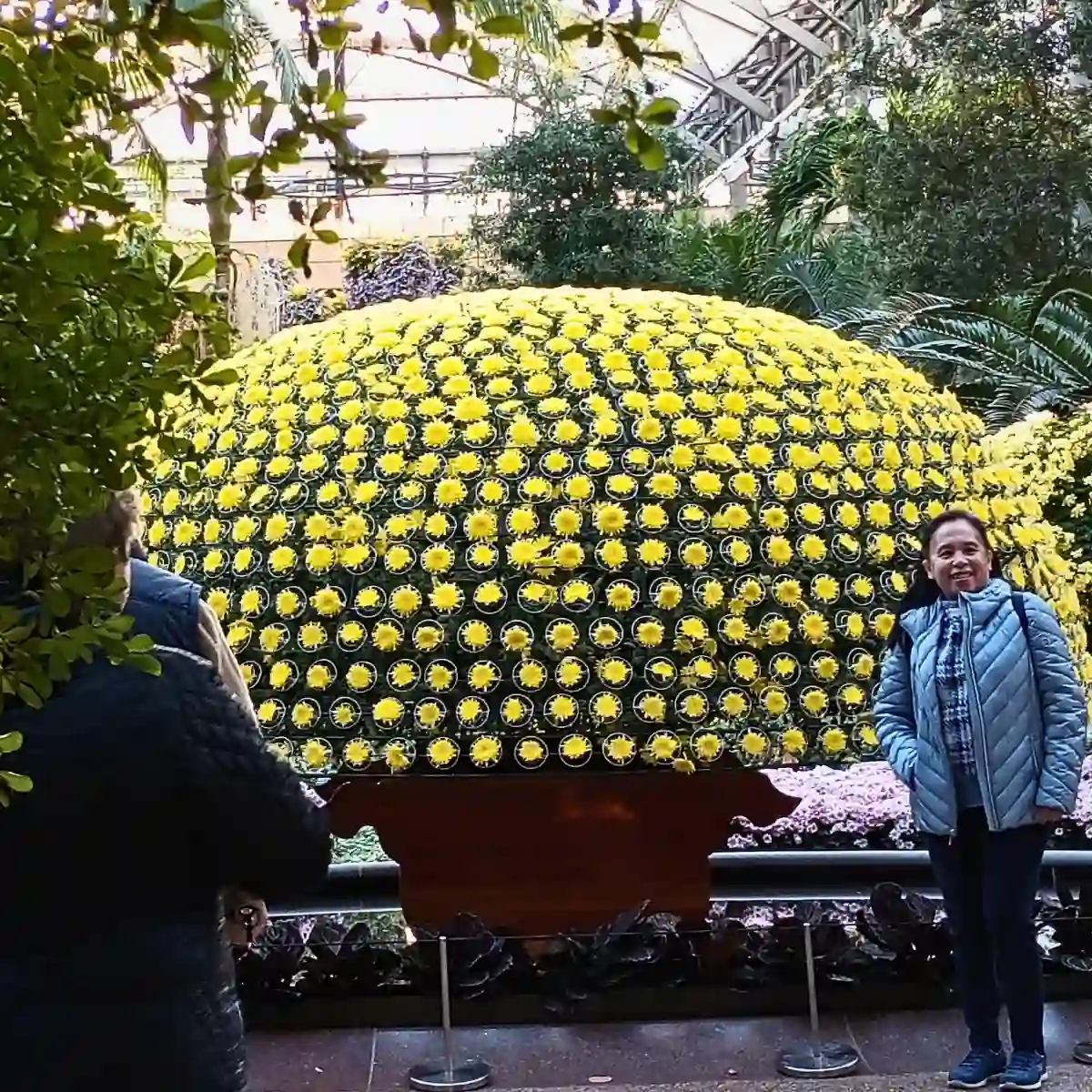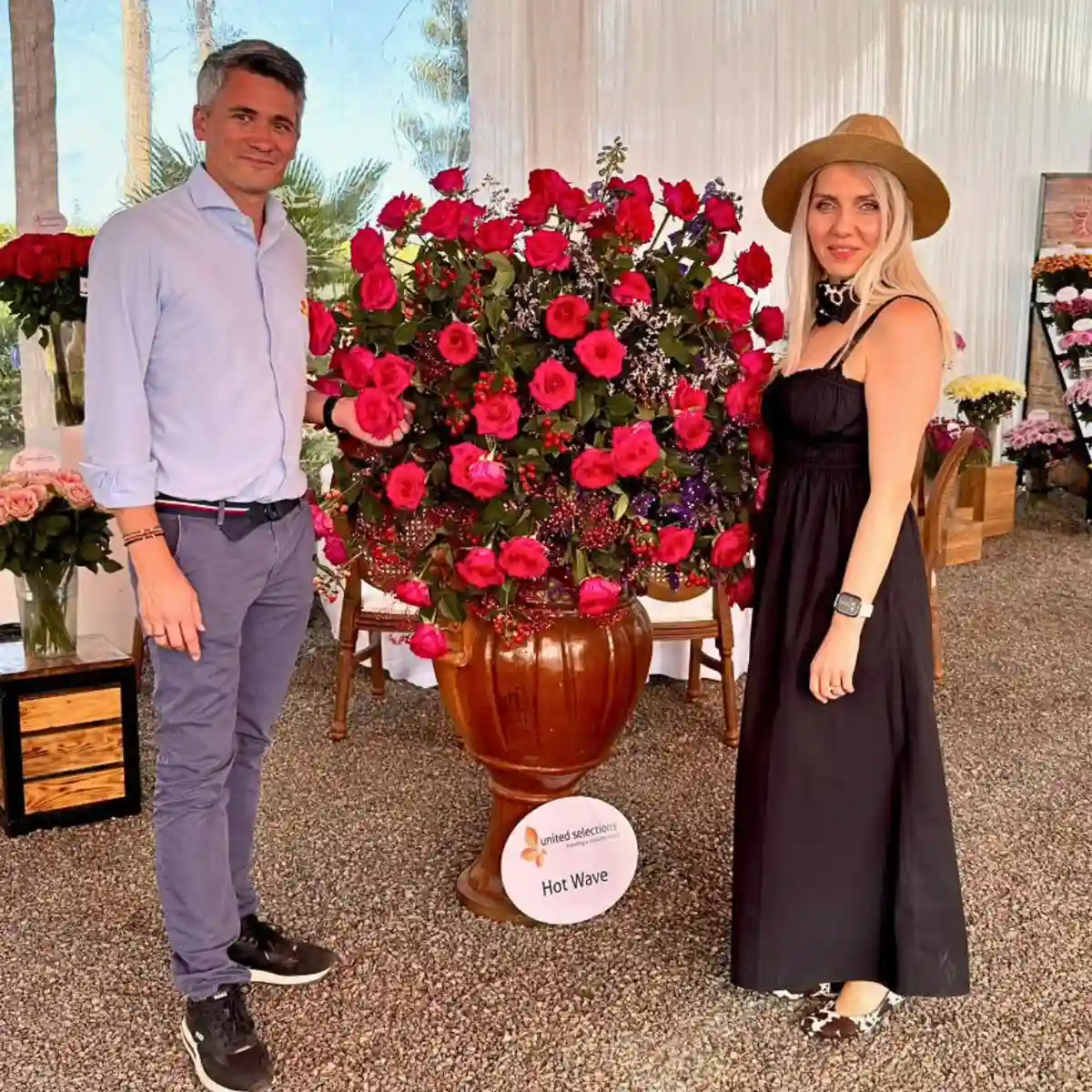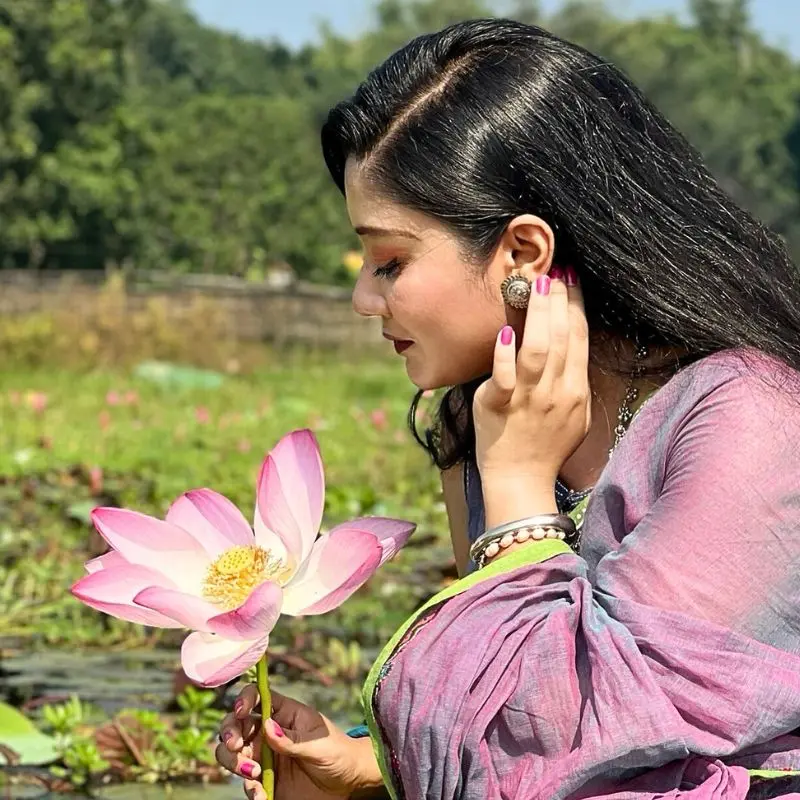Autumn - also called 'fall' in the US - is without a doubt one of the most enchanting seasons one could ever experience. It bids farewell to summer and ushers the enigmatic gloom of winter. French philosopher, author, and journalist, Albert Camus once fondly described this season as a second spring when every leaf is a flower.
In essence, autumn’s mysterious beauty lies in the vibrant hues of summer gradually fading away, as nature puts on an intriguing display of warm and earthy tones that greet wintry conditions. It is often referred to as the season of transitions, as it welcomes people to winter with its rich colors, crisp air, and a feel of transformation.
The Beauty of Autumn Described in Quotes and Flowers
American novelist and journalist, Lee Maynard once summed up the beauty of autumn in a quote:
“I loved autumn, the season of the year that God seemed to have put there just for the beauty of it.”
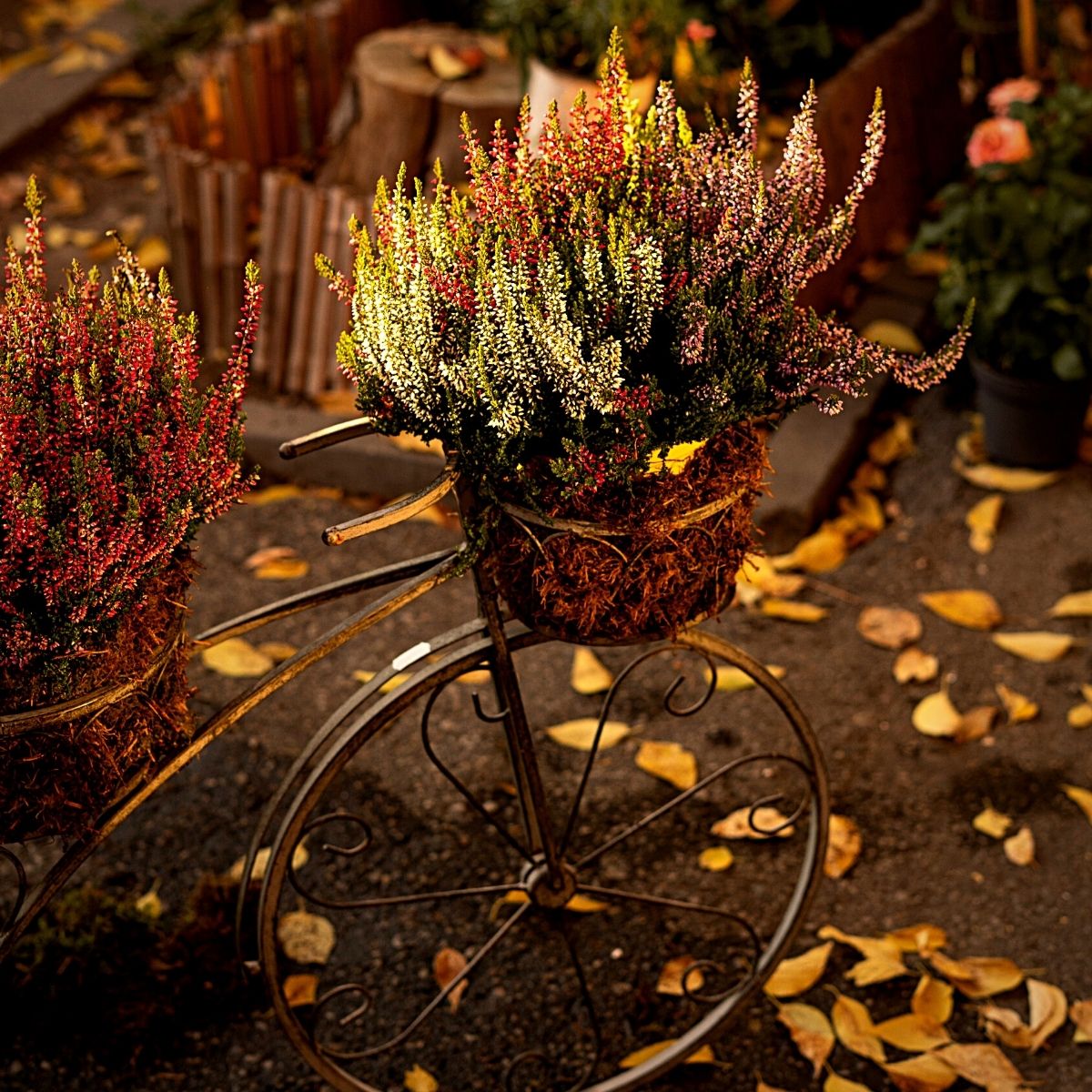
Still yet, Lauren DeStefano, another author had quite some enchanting words for this equally spellbinding season:
“Fall has always been my favorite season. The time when everything bursts with its last beauty as if nature had been saving up all year for the grand finale.”
Numerous notable people have, from the past to date, had flattering words about this season. It, perhaps, is the most beautiful time of the year.
Yet, one of the most fascinating aspects of fall is the emergence of typical autumn flowering plants. These fall flowering plants not only adorn gardens and landscapes but could also find a space in floral designs, interior decor, and even event decorations that want to enhance the season’s feel.
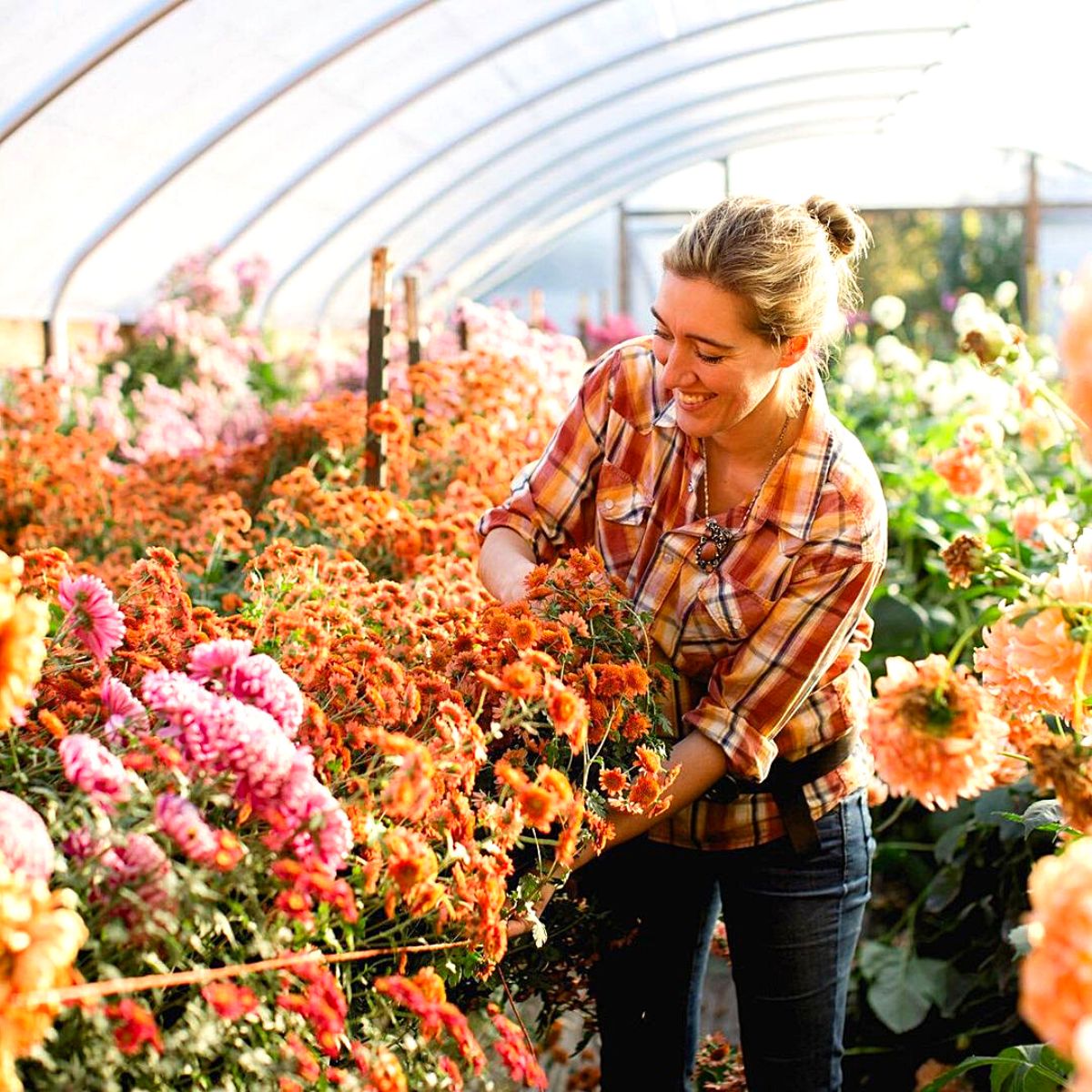
Aesthetics of Autumn as Nature's Grand Finale Season
As hot summers cede to cooler temperatures, trees shed their leaves in a spectacular display of reds, oranges, and golds. The air then becomes crisper and carries in it an aura of nostalgia and introspective contemplation.
In ways, this transition could mirror the cycle of life. It speaks to the beauty that resides in change. Autumn's range of colors produces a cozy and warm feeling. It is an inviting range of colors that nudges one to get in sync with the season.
And in this backdrop, typical autumn flowering plants play the crucial role of enhancing this aesthetic experience. There are different plants and flowers that can be the real divas in your autumn gardens.
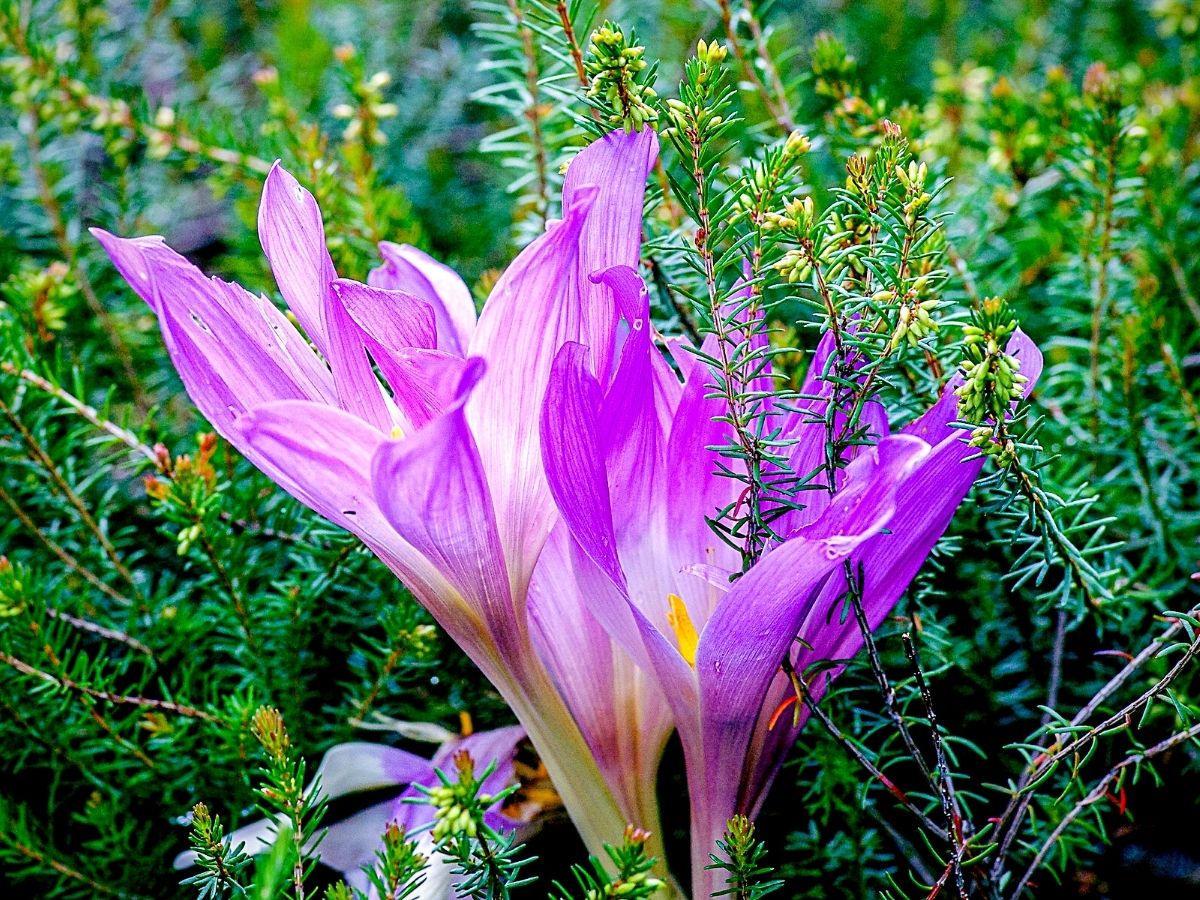
10 Typical Autumn Plants You Need to Try Out
Autumn is a season that is ideal for a range of flowering plants. Such plants tend to have qualities like an ability to withstand chilly temperatures and potential frosts, a late-blooming period, adaptability to changing weather conditions, resistance to pests and diseases, attractive foliage that draws beneficial wildlife, and an adaptation to the local conditions. They include:
Dahlia
Native to Central America, including Mexico and Guatemala, dahlias are non-hardy perennial plants (bulbs) of the Asteraceae family. They produce bright blooms from summer to fall.

Most dahlias tend to flower throughout fall until the first droplets of winter snow begin falling. With their intricate and multi-layered blooms, dahlias come in a range of warm hues that perfectly align with autumn. From deep reds resembling the changing leaves to burnt oranges mirroring the setting sun, dahlias present a genteel touch to either interior or exterior decor.
They can be placed on mantels, incorporated into wreaths, or added to table centerpieces. These flowers come in a vast range of shapes and colors that you can choose from and lend a polished aura to autumn-inspired spaces in your garden or any other fall-themed floral arrangement.
Chrysanthemums
Chrysanthemums, often lovingly called ‘mums,’ are quintessential autumn flowers. These flowers have often been termed the most beautiful symbol of autumn. They have lush petals and come in a variety of warm shades. In different cultures, these flowers tend to represent different emotions like happiness and joy, abundance, and longevity.
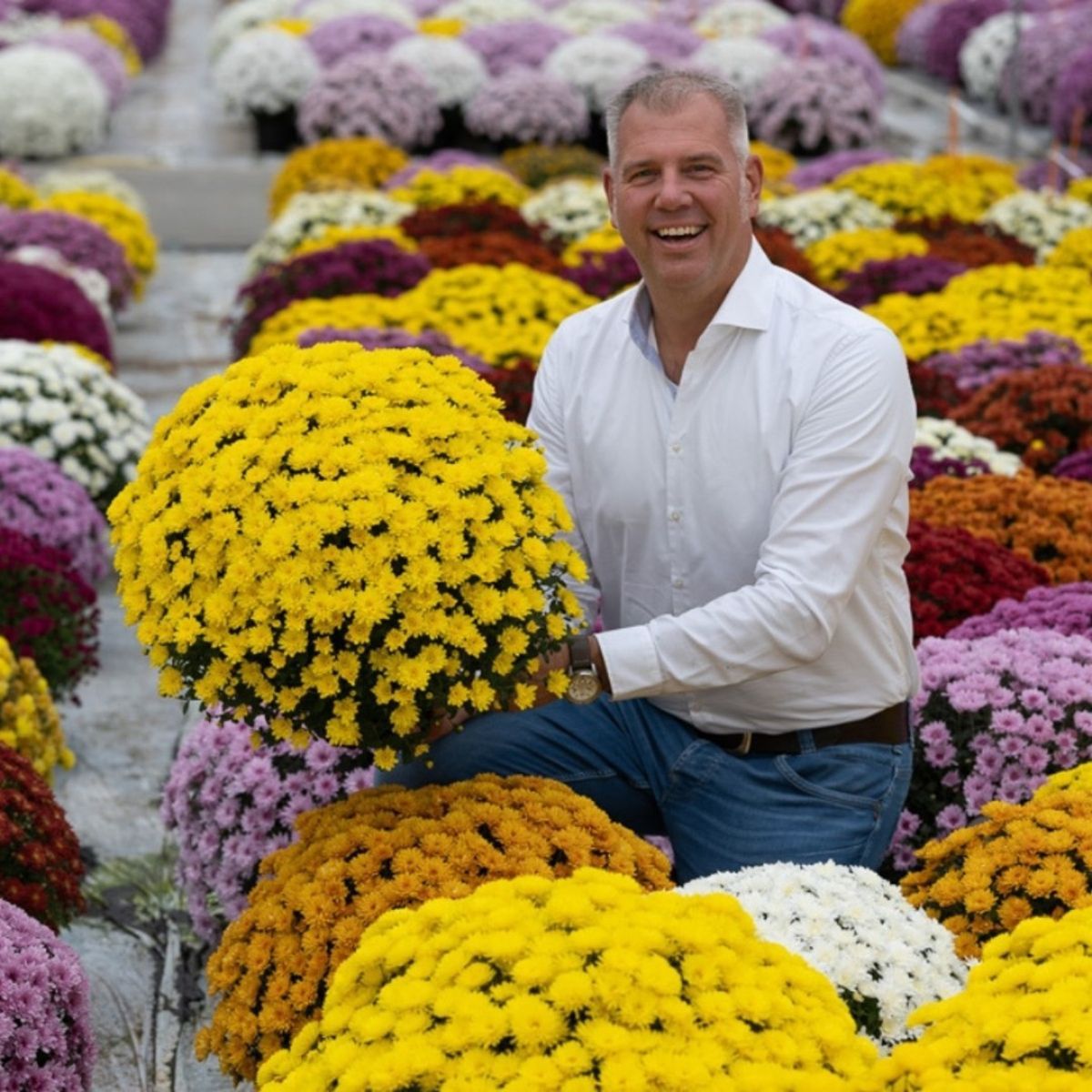
Chrysanths are also incredibly versatile, making them a staple in floral designs for events, interior decor, and in autumn gardens. From rustic orange and deep maroon to soft yellows, they effortlessly capture the essence of autumn.
Rosehips
Rosehips are indeed closely associated with autumn. They are a product of the wild rose plant (Rosa spp.) and typically ripen and become more prominent during the fall season. The plants themselves often produce little fruits that are vibrant red or orange in color, adding a splash of color to the autumn landscape. These round or oval-shaped berries form after the rose flowers have been pollinated and contain the seeds of the rose plant.
In home gardens, rosehips are not only visually appealing but also have practical uses. They are known for their high vitamin C content and are commonly used to make herbal teas, jams, jellies, syrups, and other culinary preparations. They have a tart flavor that pairs well with sweet ingredients.
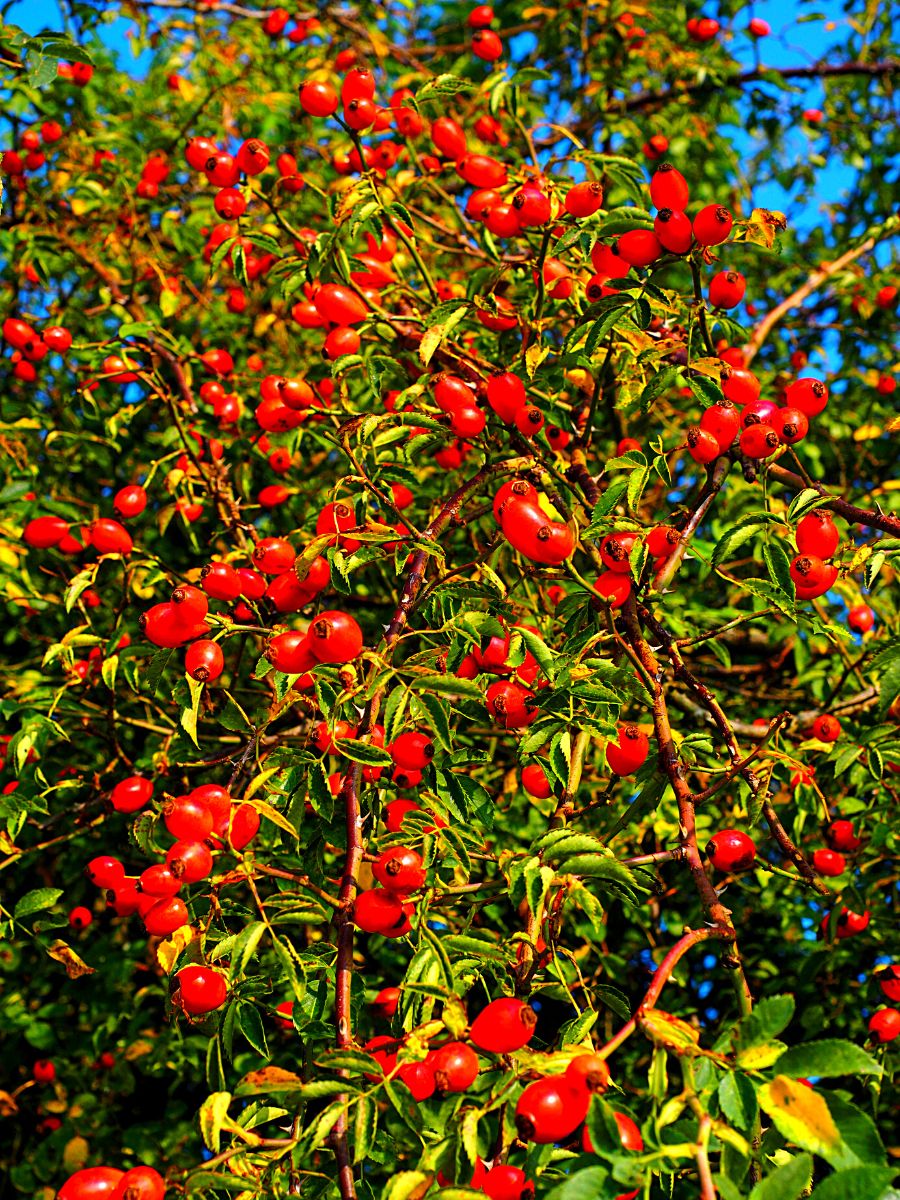
Aside from their culinary uses, rosehips are also valued for their medicinal properties. They are believed to have immune-boosting and antioxidant properties and are often used in traditional herbal medicine for their potential health benefits.
It's worth noting that not all varieties of roses produce notable rosehips, so if you're specifically interested in harvesting them, it's best to choose wild or cultivated rose varieties that are known for their abundant and flavorful rosehips.
Sunflowers (Helianthus)
Sunflowers, known for their cheerful demeanor and radiant golden petals, are actually summerflowers that are still going strong way into autumn. They are often the symbol of harvest and festivities in early to mid-autumn. Their large and vibrant heads make a bold statement in any setting.
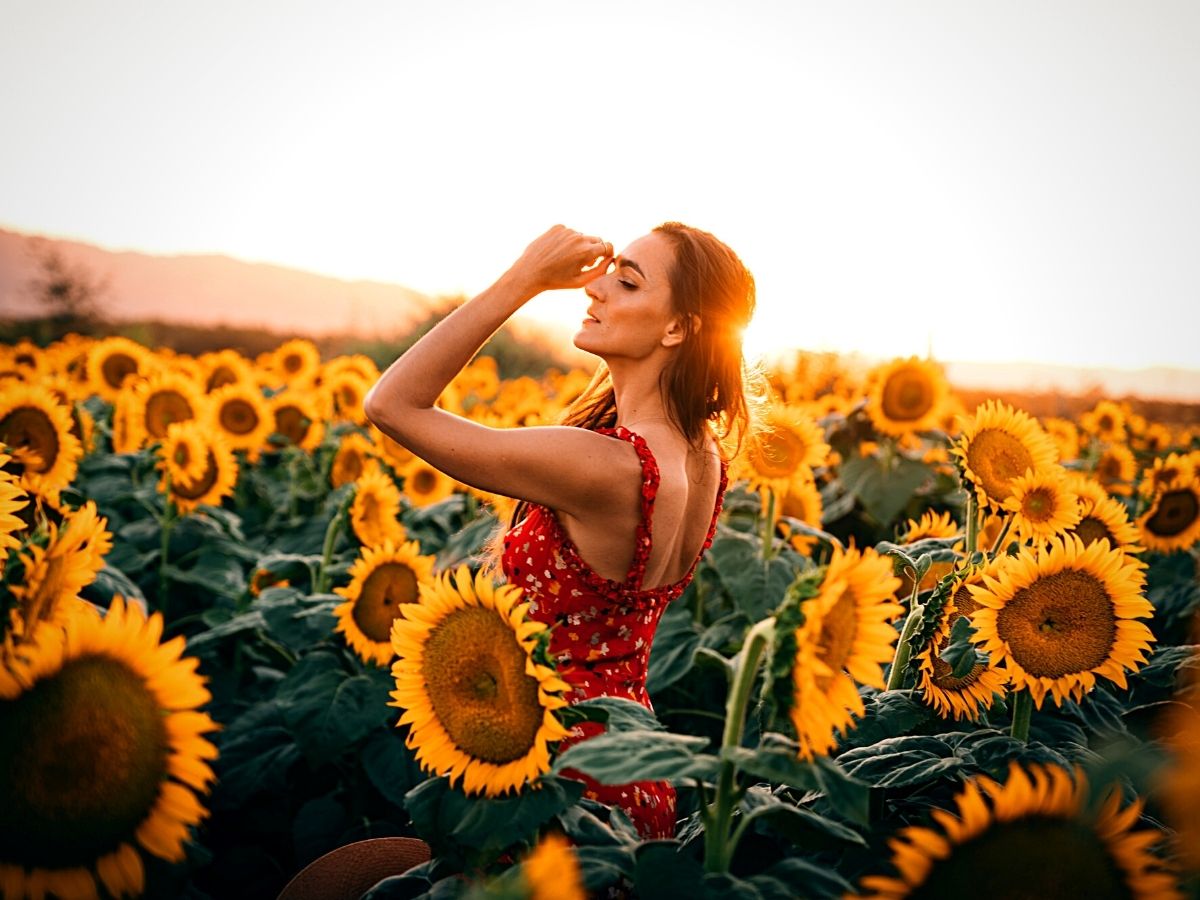
It wouldn't matter if they are arranged in a vase on a dining table or used as focal points in event decorations, sunflowers tend to infuse spaces with a burst of energy and warmth, in turn, bringing the spirit of autumn both indoors or in outdoor spaces.
Colchicum
Colchicum autumnale, typically known as autumn crocus, or meadow saffron is known for its surprising and somewhat paradoxical appearance. In early autumn, long before the foliage emerges, these flowers send up delicate and vibrant blooms.
The petals, which can range from pale pinks to deep purples, surround a central stamen adorned with contrasting yellow or white anthers. This distinctive appearance has earned them the nickname ‘naked ladies,’ as their flowers appear without any preceding foliage.
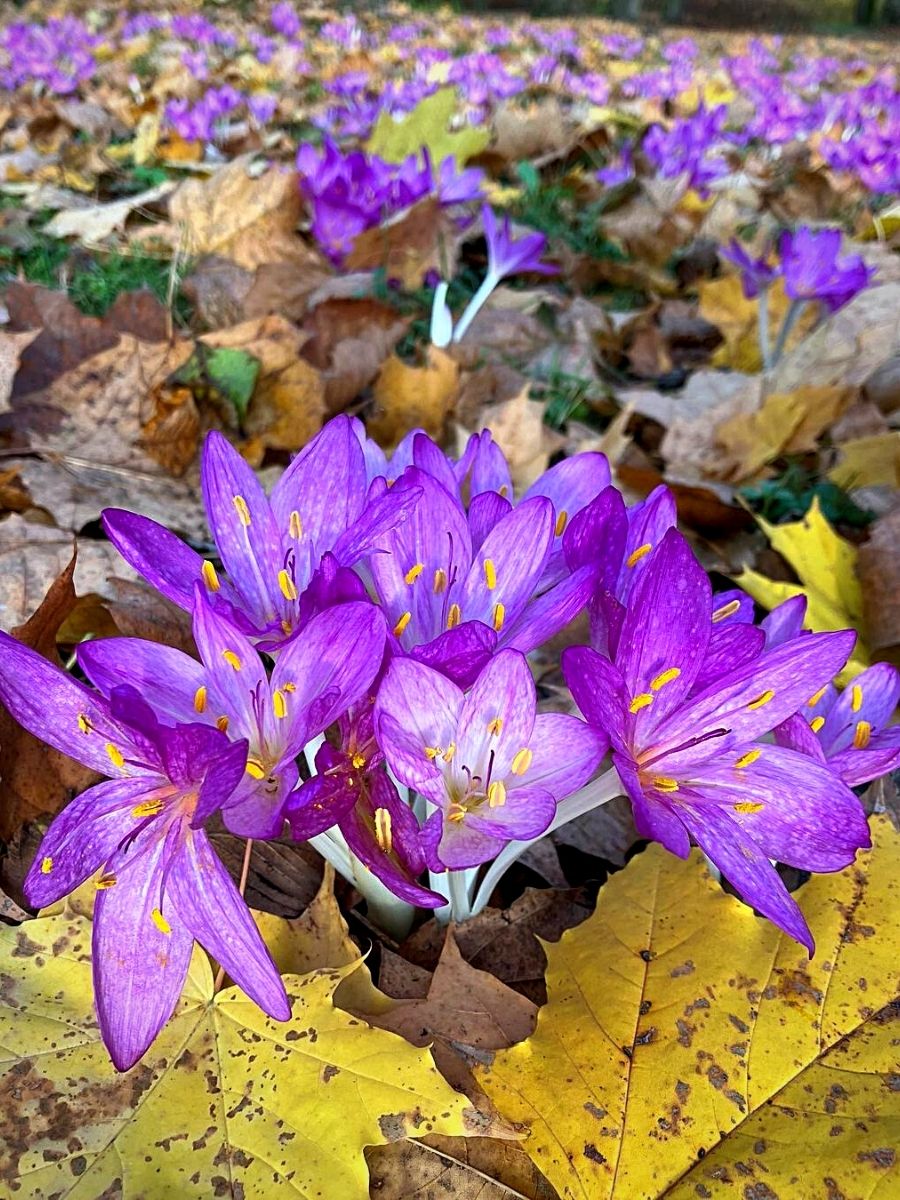
The timing of colchicum flowers is just as gardens begin to lose their vibrant summer hues. These resilient blooms burst forth quite like an accompaniment of the seasons’ transitions. Their appearance is a winsome lure to the intricate details of the flower and the season, which might have otherwise gone unnoticed.
Zinnias
With their warm-toned petals and cultivated symmetry, zinnias are a delightful addition to autumn events and gardens. Their diverse range of colors, including oranges, yellows, and deep reds, allows for creative freedom in floral arrangements.
Zinnias, often associated with the warmth of summer, continue to bloom steadfastly in the face of autumn's approach. Their ability to thrive during the transition showcases their resilience even as the world around them prepares for a season of rest.
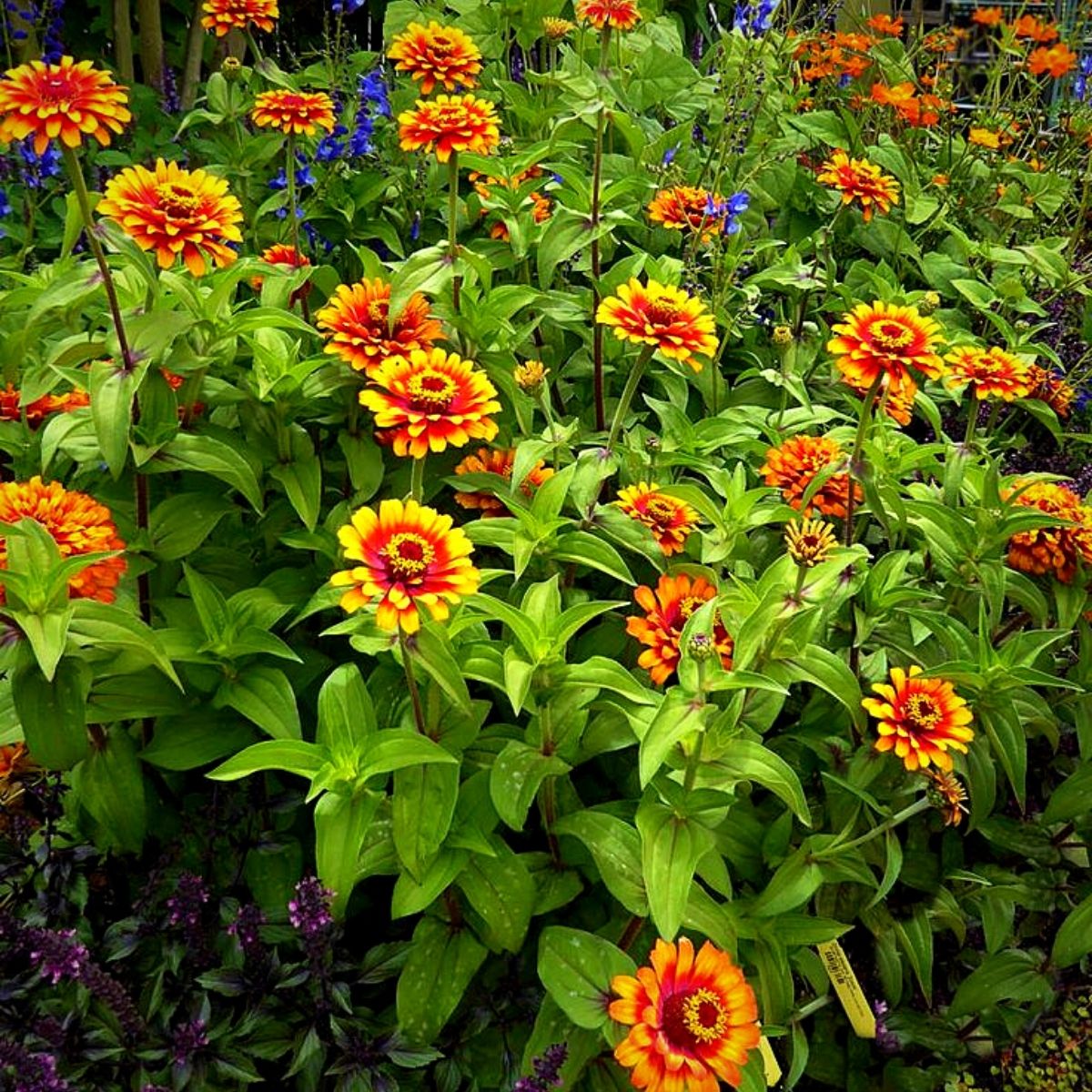
Zinnias come in varieties boasting shades of deep red, burnt orange, golden yellows, and rich purples that harmonize beautifully with the changing foliage to create a feel that defines the season.
You could have these flowers adorning tables, accentuating archways, or enhancing event backdrops, where they will introduce gatherings with a sense of liveliness.
Fall Daffodil (Sternbergia Lutea)
Sternbergia lutea, a member of the Amaryllidaceae family, is a flower that enchants with its dainty yet vibrant appearance. The flower features a collection of six pointed petals that open wide, revealing a golden center adorned with striking stamens.
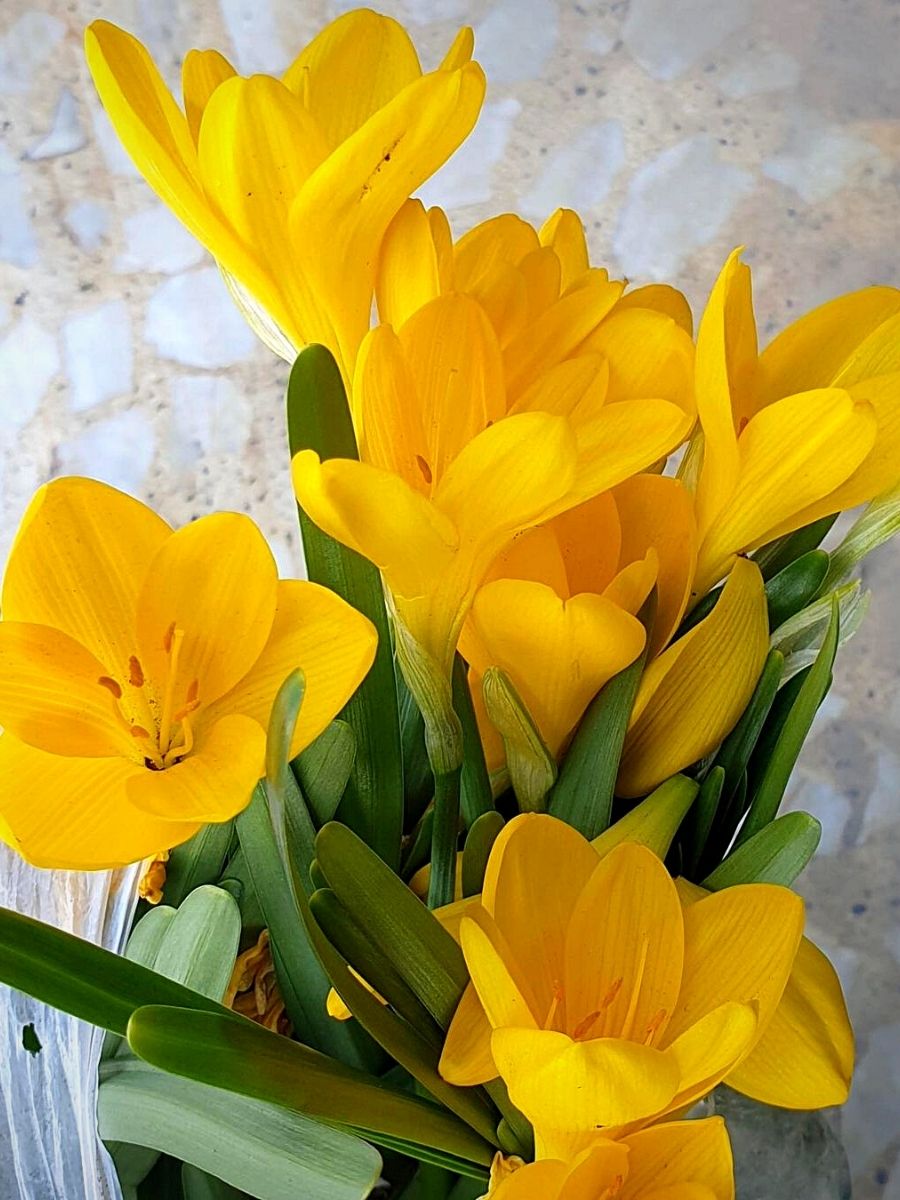
The vivid color of its petals is reminiscent of the warm autumn sun, making it a perfect embodiment of the season's colors.
As other summer blooms fade away, the beauty of the autumn daffodil emerges as if to announce the arrival of fall. Its appearance coincides with the changing leaves and cooling temperatures, marking a transition that is both a visual beauty and deep in symbolism.
Japanese Anemones
Japanese anemones are also a graceful option for autumn gardeners. With their dainty, saucer-like flowers in shades of pink and white, they arouse that autumny feeling. Planted amidst the changing foliage, Japanese anemones create an agreeable blend of colors, and add an elaborate charm to autumn gardens.
Usually, these flowers stand out as stars in the autumn garden, grabbing attention with their late-blooming nature, as summer flowers start to fade and these graceful blooms start to unfurl.
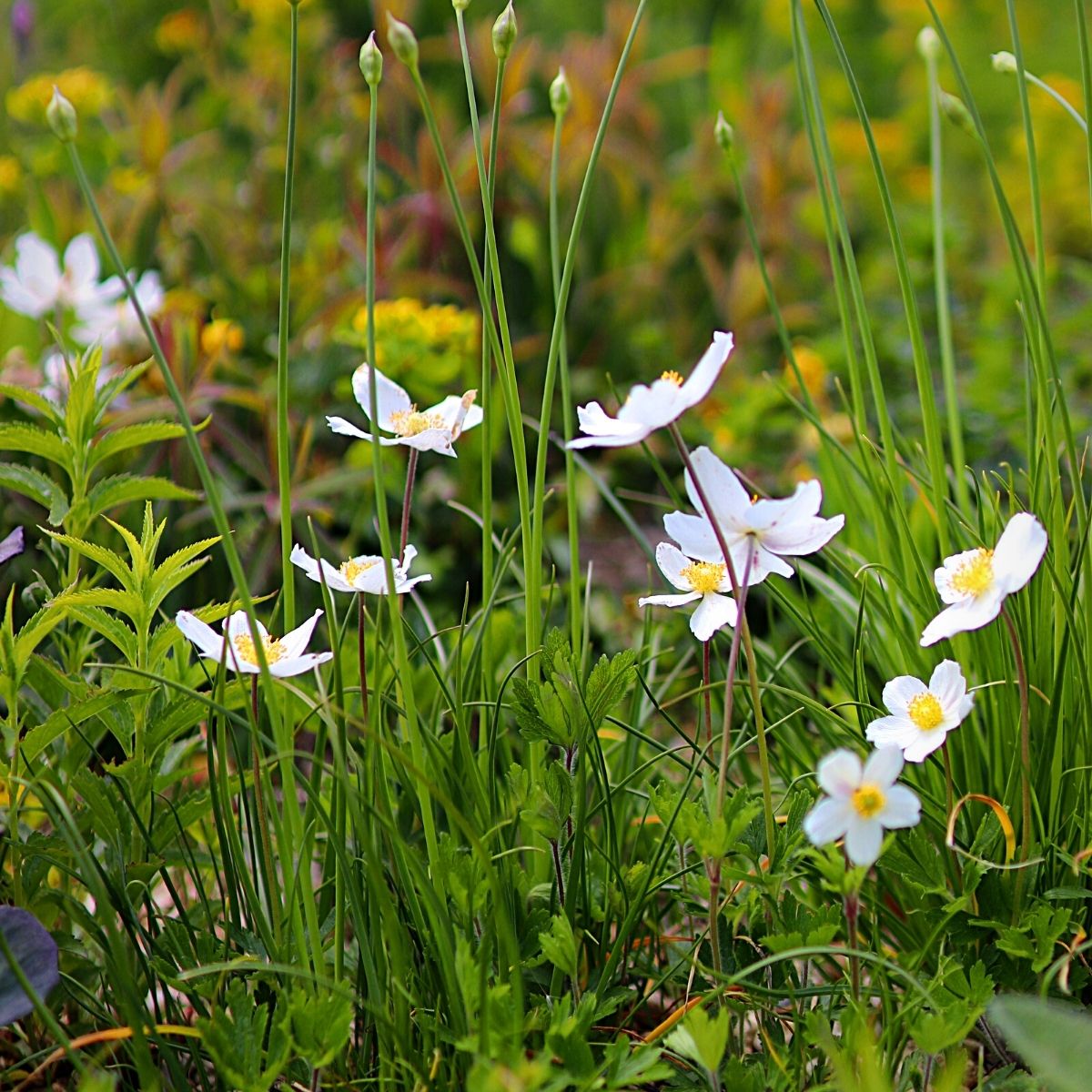
Their colors vary from soft pinks and pure whites to deeper shades of mauve and rich purples; all of which harmonize beautifully with the warm hues of autumn.
Beautyberry (Callicarpa)
Beautyberry bushes are another flowering plant that takes center stage during autumn, thanks to their clusters of vibrant purple and pink berries. These berries not only serve as a food source for birds but also enhance the visual appeal of a garden.
As leaves begin to change and fall in autumn, the beautyberry takes centerstage, unleashing a color that defines the autumn landscape.
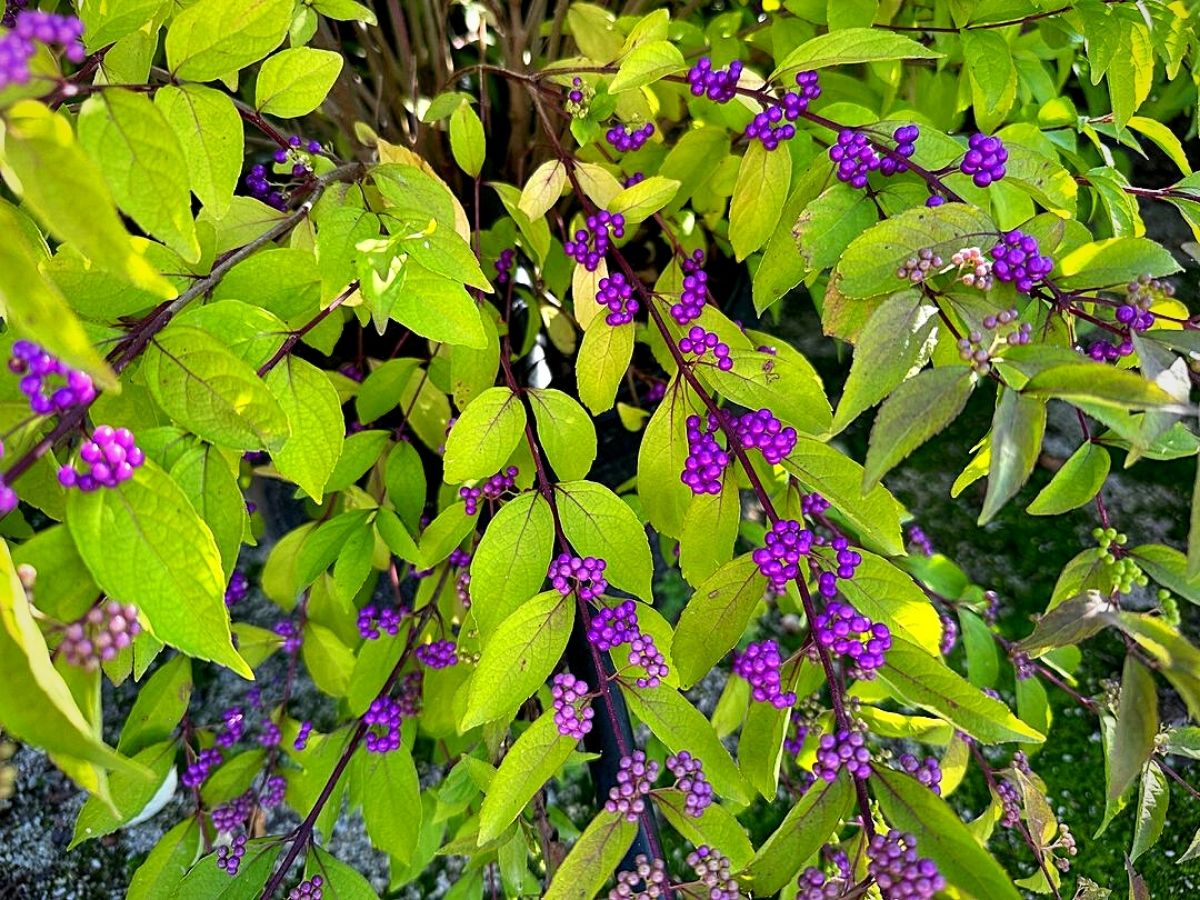
Against a backdrop of fading greens and warm earth tones, these bushes retain a striking contrast in gardens turning them into beautiful landscapes.
Winter-Flowering Violas
Winter-flowering violas, also known as winter pansies, are usually a welcome sight in an autumn garden for their ability to bloom even when most other flowers are retreating. Their appearance heralds the arrival of winter and offers a peek of color and life before the season officially begins.
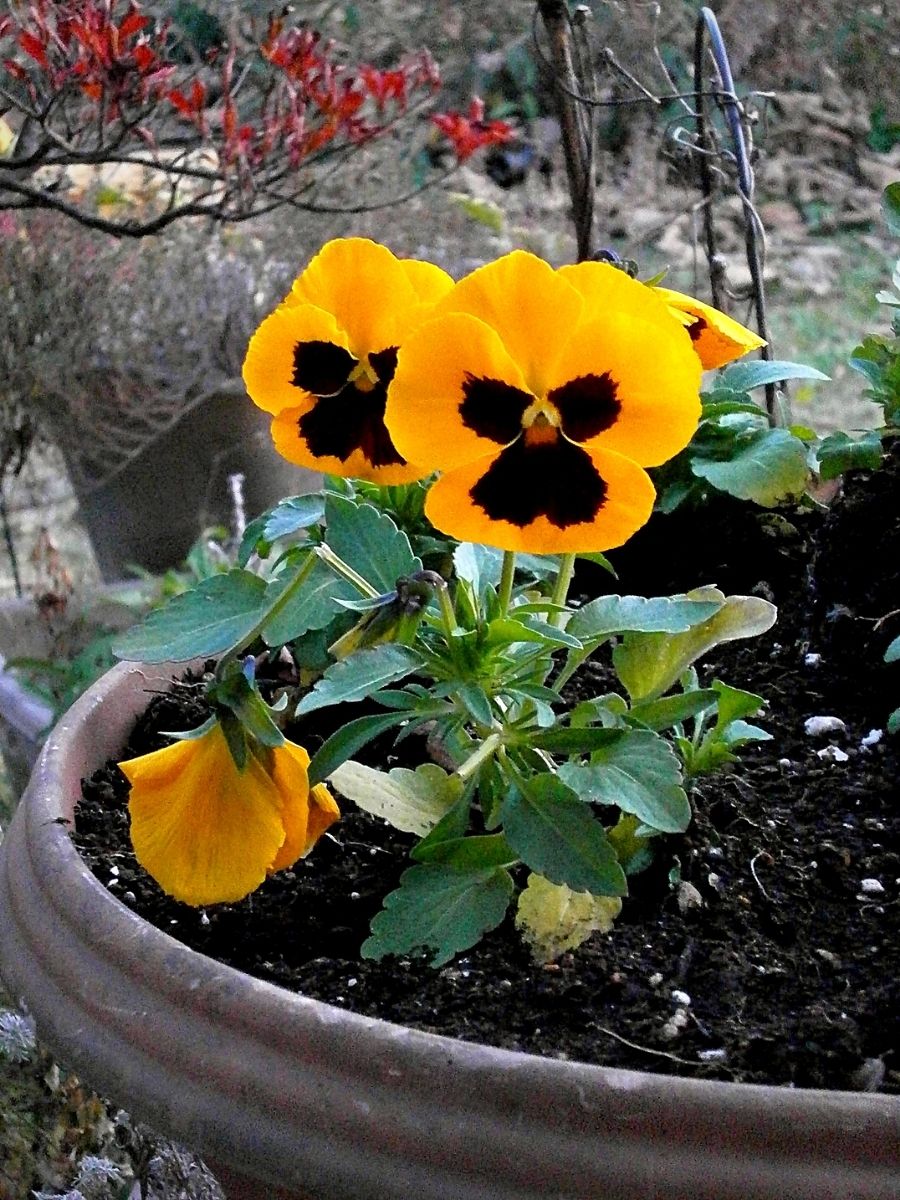
From the soft pastels to bold jewel tones, the colors of winter-flowering violas color the garden with shades of purple, blue, yellow, and orange, and create a visual feast for the eyes, standing out against the backdrop of autumn's changing foliage.
The Essence of Autumn Through Plants
Autumn is a season known for its vibrant colors, crisp air, and a sense of change in the natural world. Plants play a significant role in capturing the essence of autumn, bringing forth a visual spectacle and a unique sensory experience.
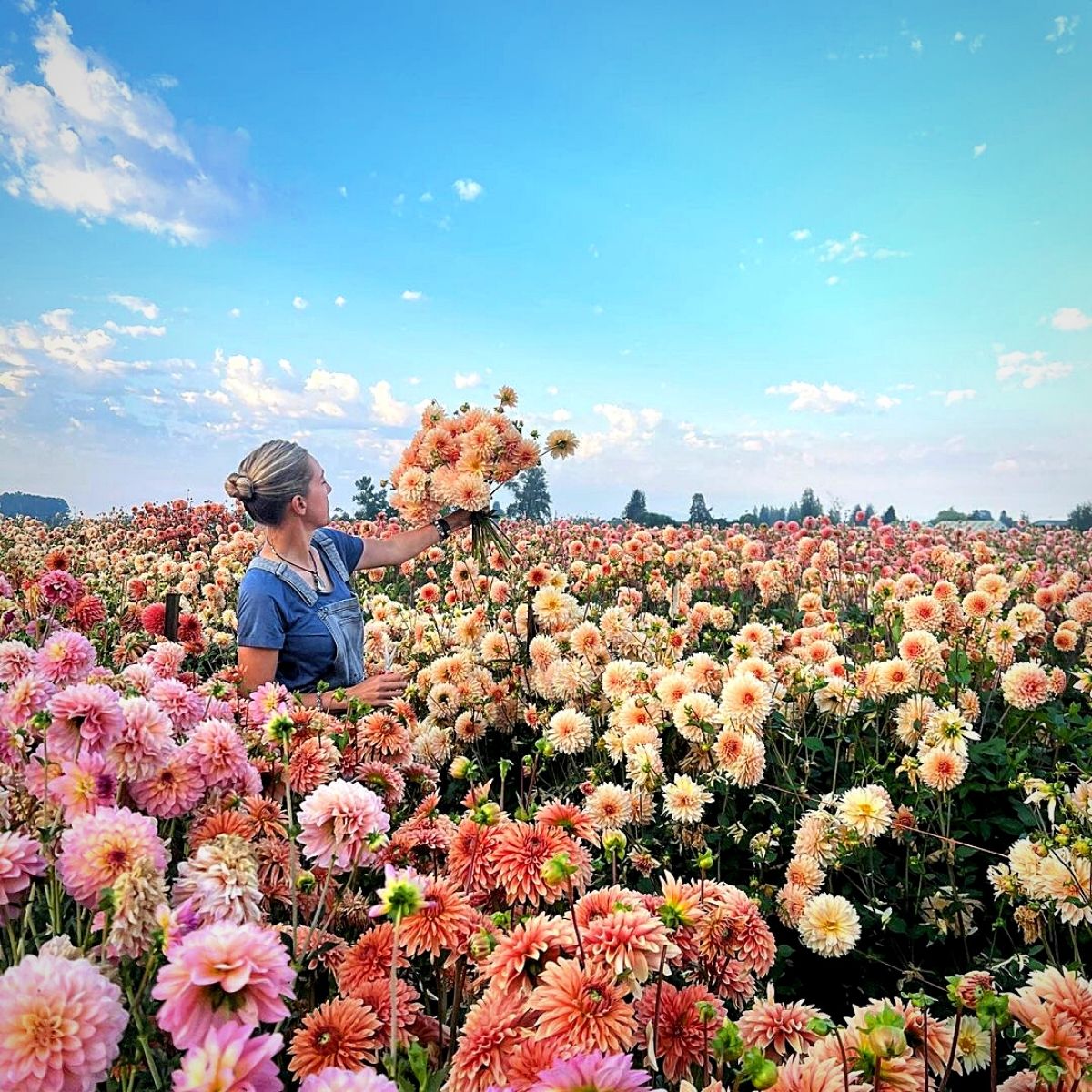
For a typical autumn garden, you could incorporate plants that produce vivid blooms, as well as graceful grasses, potted autumn flowers, climbing vines, pathway blooms, and even incorporate decorative gourds and pumpkins, scented blooms, garden lighting, and an autumn sitting area next to a pond or water feature that reflects the autumn colors.
How about you try some of these ideas this autumn?
Feature image by @floretflower on Instagram, header image by wirestock on Freepik

